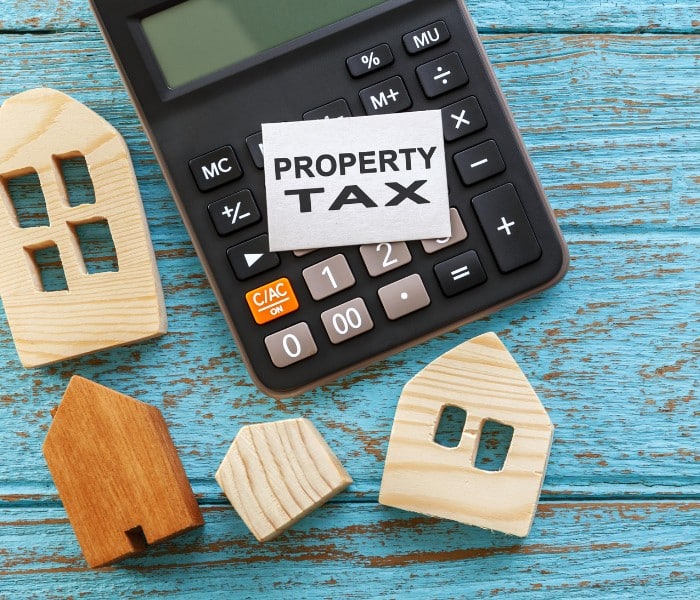As a homeowner, one of the things you must consider when purchasing or owning a property is property taxes. It’s a pain, and it’s a punch to your wallet, but they are unavoidable. Property taxes are a necessary and recurring expense that every homeowner must pay. But what exactly are property taxes, and how can you budget for them? Well, you gotta learn one or two things to make ends meet.
Property taxes are levies imposed on real estate by the government or other taxing authority, such as a municipality or county. These taxes are calculated based on the assessed value of the property and are paid annually. The amount of property taxes owed varies depending on the location, size, and value of the property. The property tax rate is usually expressed in terms of a percentage of the assessed value of the property. For example, if your property is assessed at $300,000 and the property tax rate in your area is 1%, you will be required to pay $3,000 in property taxes annually. Easy, right? Well, there are some fine prints on this.
How to Manage Your Property Taxes to Budget Them in Your Household
Budgeting for property taxes is an essential part of homeownership, and take care of your property. I mean, this is your asset, and your family’s patrimony, so you and them, all together, must take care of this value. The first step is to determine the property tax rate in your area. You can find this information by contacting your local taxing authority or by searching online.

Once you know the property tax rate in your area, you can calculate your property tax bill by multiplying the assessed value of your property by the property tax rate (as in the example above). To avoid being caught off guard by your property tax bill, set aside funds monthly to cover the cost. You can do this by dividing your property tax bill by 12 and saving that amount each month. Not complicated, but requires concentration and family discipline.
Some states offer tax credits and deductions for homeowners. Check with your local taxing authority or a tax professional to see if you qualify for any tax breaks. Be prepared for changes in your property tax bill. Keep track of any changes in property value, tax rates, or property improvements that may affect your property taxes.
There Are Two Ways to Pay Your Property Taxes
When it comes to paying property taxes, there are typically two options available to homeowners. The first option involves making payments as part of your monthly mortgage payment. Alternatively, you can pay your taxes directly to your local tax office.
If you choose to pay your taxes directly to the tax office, you will receive a bill four times per year. This bill will contain instructions on how to make the payment. You may be able to pay by mailing a check or money order, over the phone, or online using a debit or credit card.
On the other hand, if you opt to pay your taxes as part of your mortgage payments, the money will be held in an escrow account. Even though you will be making monthly tax payments, the funds will remain in the escrow account until the tax bill is due once every quarter. At that point, the money in the escrow account will be used to pay the tax bill.